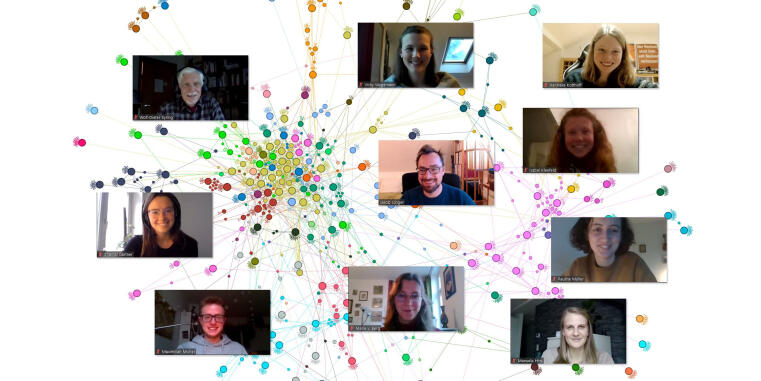

Digital Media & Computational Methods
About us / Mission statement
The research group of Digital Media & Computational Methods focuses on communication platforms and the development of automated data collection and analysis methods.
We aim to understand the interaction of users’ behaviour, mediation of (online) platforms and scientific data analysis. Using computational methods for automated data collection and analysis we cross disciplines and build bridges between qualitative and quantitative research perspectives. In this context, we develop and explore research software for social sciences and humanities.
Staff
Head of the group: Jun. Prof. Dr. Jakob Jünger
Researchers:
Student assistants: Annabell Jendrilek, Jane Knispel, Paula Dicke, Johanna Stahl, Sophia Rinne
The involved persons work at different sites such as in Münster, Mainz, Munich or Konstanz and are institutionally affiliated at the University of Münster and/or the Academy of Science and Literature in Mainz.
Projects
Research Field Platform Logics
Communication platforms, such as Facebook, YouTube or Telegram, mediate between users on the one hand and, on the other hand, shape the online ecosystem with technical surfaces and social rules. We deal with the question of how different forms of public and non-public communication settings emerge from coordinated behaviour. Further, we investigate how platform logics influence behaviour, for example via recommendation systems. By contrasting different functions and online platforms as well as communication setting outside the online world, we take a comparative perspective.
Research Field Computational Methods
In the social sciences and te humanities, computational methods refer to procedures such as data collection via APIs, network analysis, natural language parsing, machine learning, and computer simulations. We explore the insights gained by these methods in the computational social sciences and the digital humanities. Despite the analysis of big data, we work with non-representative and small samples. A central challenge of automation is not to lose sight of individual cases. We take a datahermeneutic perspective and deal with methodological questions about data quality and with epistemological questions.

